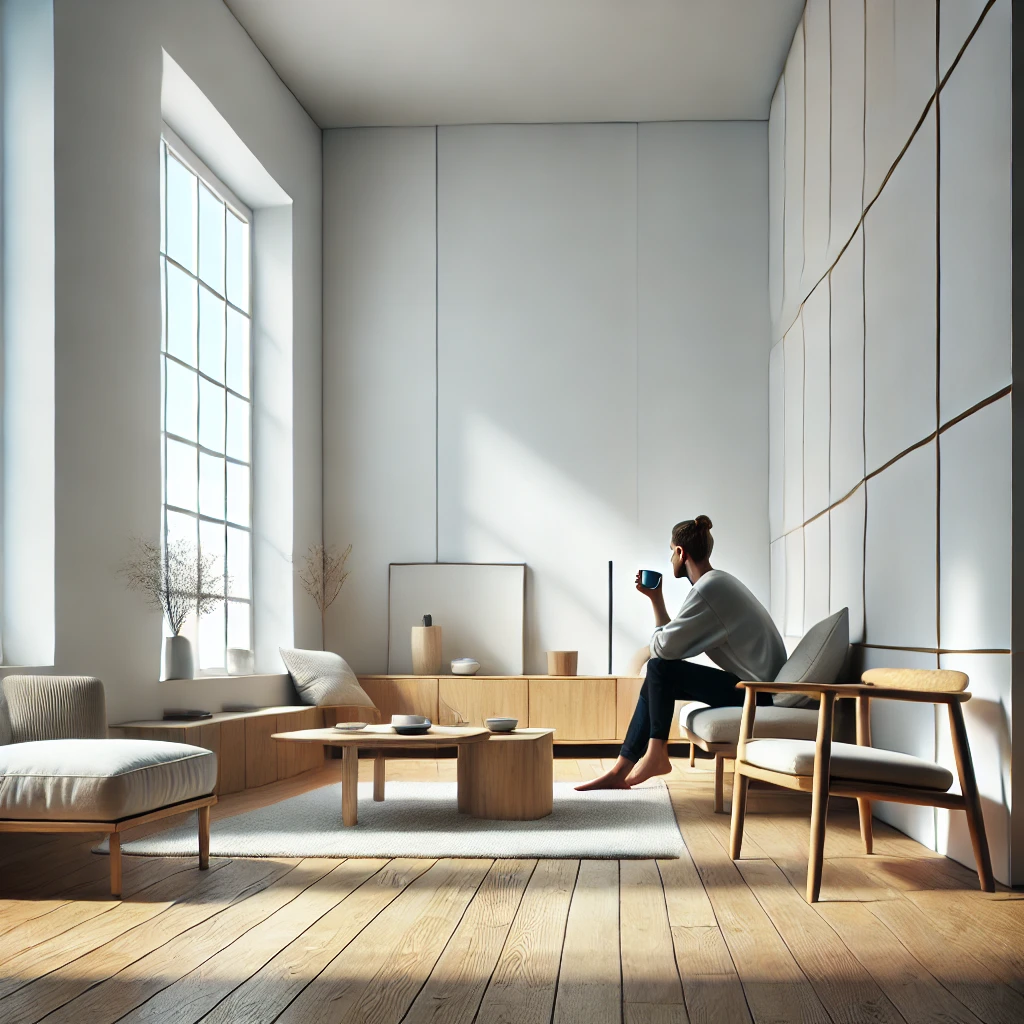
Minimalist Living
In a world filled with consumerism, stress, and digital distractions, more people are turning to minimalist living as a way to find peace, clarity, and financial freedom. The minimalist lifestyle focuses on owning less, prioritizing experiences over possessions, and simplifying daily routines.
From celebrities to everyday individuals, the trend of minimalism is growing, with social media influencers and experts promoting the benefits of decluttering, downsizing, and mindful consumption. But why is this lifestyle gaining popularity, and how can it improve overall well-being?
What Is Minimalist Living?
Minimalism is not just about having fewer belongings—it’s about intentional living. It encourages people to remove unnecessary distractions from their lives, whether in the form of material possessions, toxic relationships, or time-consuming commitments.
Key principles of minimalism include:
-
Decluttering possessions and keeping only what is necessary or meaningful.
-
Focusing on quality over quantity in everything, from clothing to friendships.
-
Reducing digital distractions by limiting screen time and social media use.
-
Prioritizing experiences such as travel, hobbies, and spending time with loved ones.
-
Mindful consumption by making conscious choices about what to buy and own.
Why Are More People Choosing Minimalism?
There are several reasons why minimalism is becoming a global trend:
-
Less Stress, More Mental Clarity
Cluttered spaces can lead to mental overload and stress. Studies show that people who live in organized, decluttered environments experience lower levels of anxiety and increased focus. -
Financial Freedom
Minimalism encourages people to spend less on unnecessary things, helping them save money, pay off debt, and invest in experiences that truly matter. -
Environmental Consciousness
With climate change concerns growing, people are adopting sustainable lifestyles by consuming less, reducing waste, and making eco-friendly choices. -
More Time for Meaningful Activities
By eliminating distractions and unnecessary commitments, minimalists free up time for self-care, personal growth, and hobbies. -
Improved Relationships
Minimalism shifts focus from material possessions to meaningful human connections, strengthening relationships with family and friends.
How to Start Living a Minimalist Lifestyle
If you’re interested in minimalism, here are some simple steps to get started:
-
Declutter Your Space – Start with one room at a time and remove items you no longer need or use.
-
Adopt a Capsule Wardrobe – Keep only essential, versatile clothing pieces that you truly love.
-
Limit Digital Distractions – Reduce screen time, unsubscribe from unnecessary emails, and clean up your social media.
-
Practice Mindful Spending – Before buying something new, ask yourself if it adds real value to your life.
-
Embrace Experiences Over Things – Instead of spending on material goods, invest in travel, learning, and quality time with loved ones.
Minimalist living is more than just a trend—it’s a mindset shift that helps people lead happier, healthier, and more fulfilling lives. Whether it’s by simplifying your home, finances, or daily routine, adopting minimalism can bring peace, freedom, and greater appreciation for the things that truly matter.
Would you try the minimalist lifestyle? Let us know in the comments!
